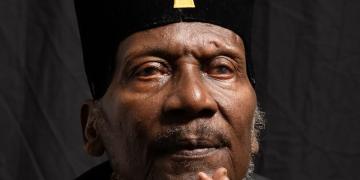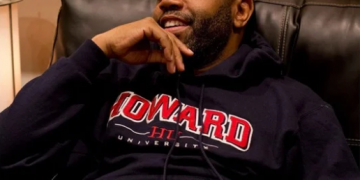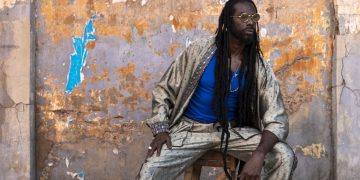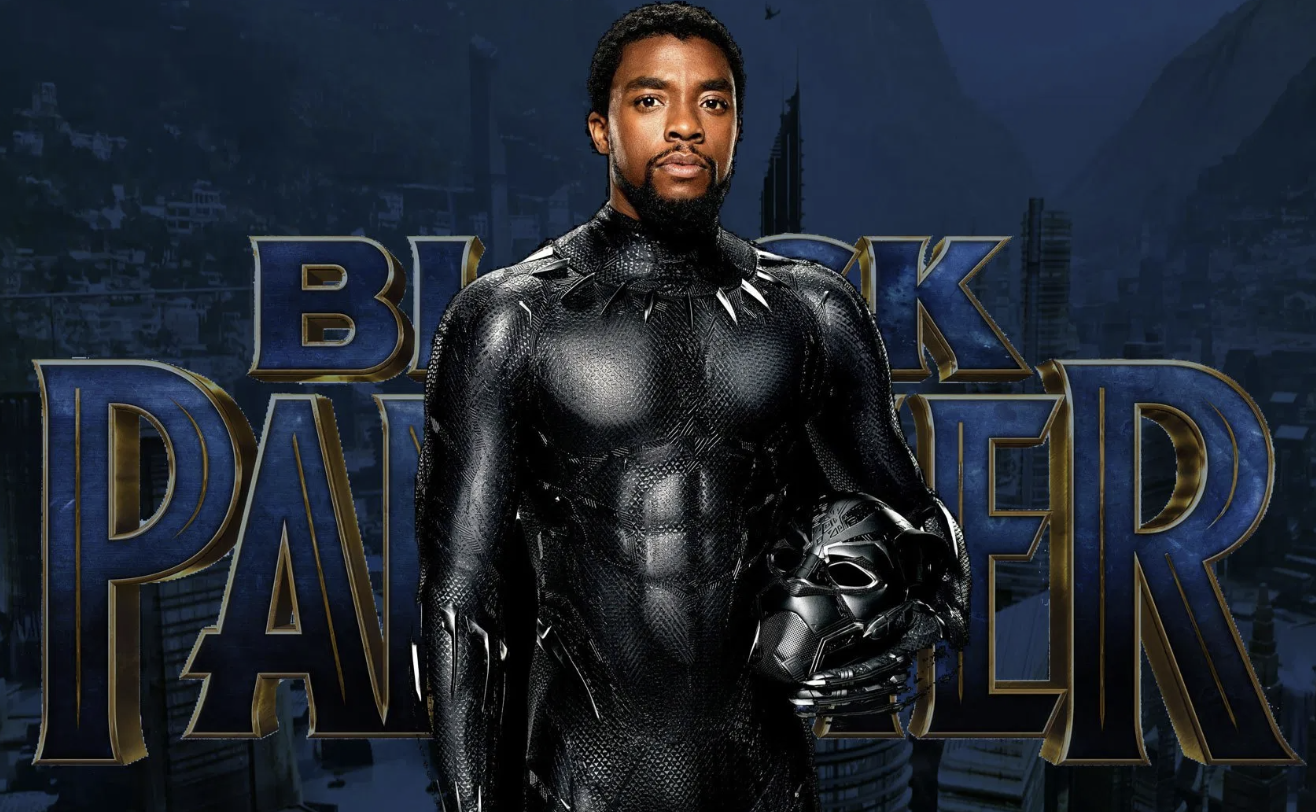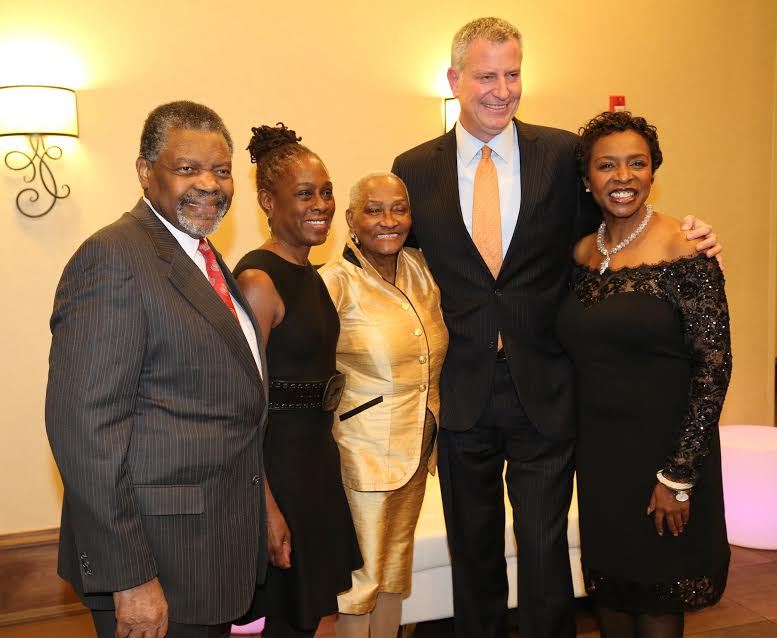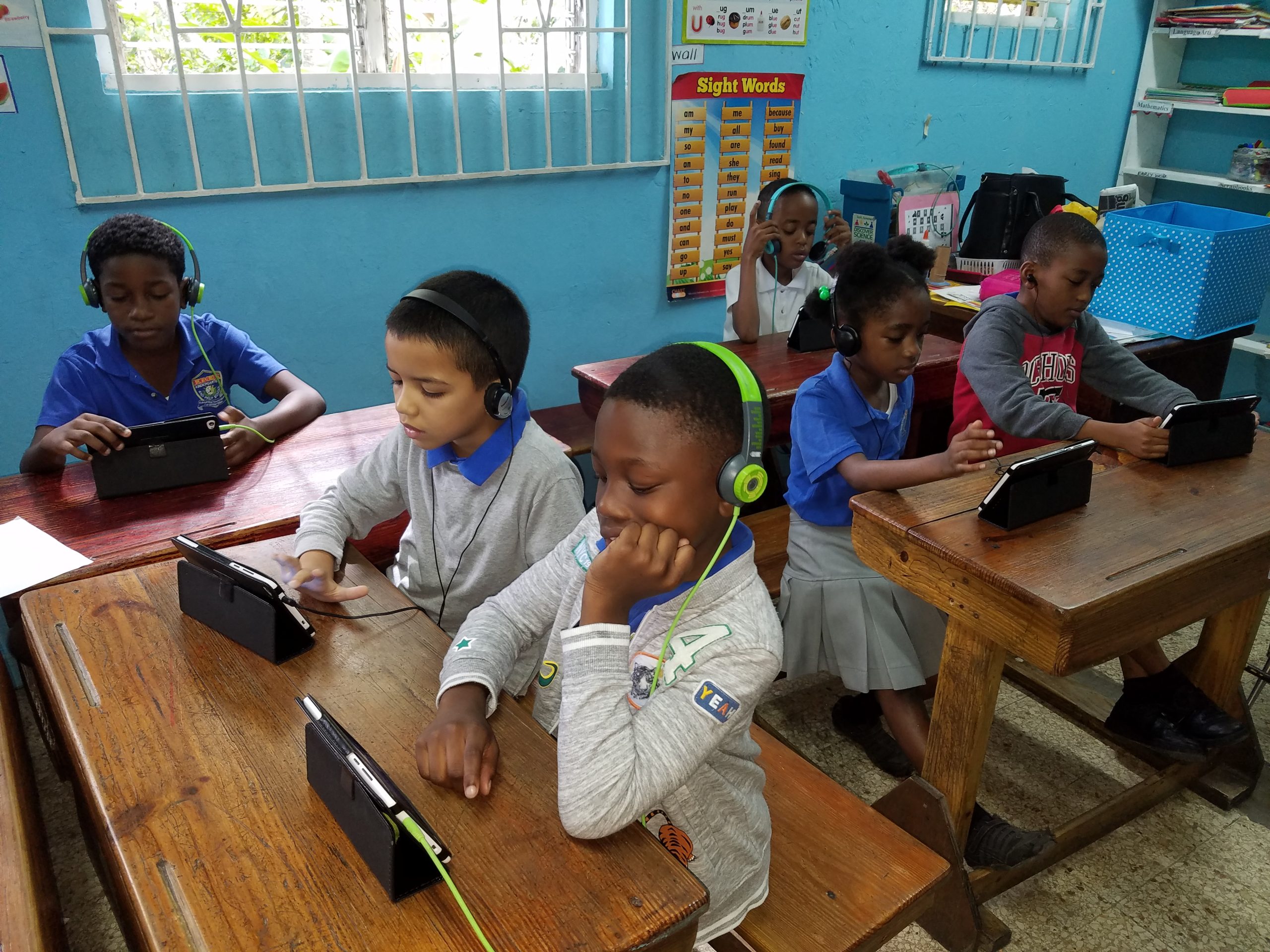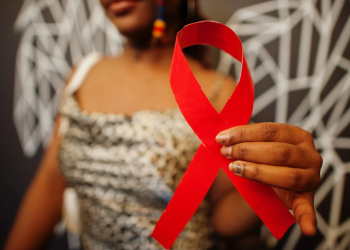If you saw the movie Capt. Phillips that was released in 2013 starring Tom Hanks, be assured you watched a real life drama that was brought to the big screen with very little need for embellishment. The movie was based on Capt. Richard Phillips book, “A Captains Duty,” which records the real events of the piracy by Somali pirates on a cargo ship called, The Maersk Alabama as it passed the coast of Somalia in 2009.
Most times, these dramatic acts of heroism never make it to the screen, as the story of Capt. Phillips did. However, many similar heroic stories abound in our communities, sometimes they are brought to our attention by friends and family, other times we simply stumble upon them, but serendipitous news in the life of a writer, is a God send – I met Capt. Philips, not the Capt. Phillips whose story made it on screen, but the Capt. Philips who grew up in the Queens community. Capt. Philips who attended St. Francis Prep High School in Flushing, Queens and some might say, miraculously morphed into Capt. Jophiel Philips, an American Hero.
As we take in the dramatic and mind numbing news events taking place globally, we are forced to believe that truth have become stranger than fiction. The fact that a hijacked cargo ship could become a global news story and ultimately a major motion picture, bears out my point that, truth is often stranger than fiction.
 The Capt. Philips I met has a story that reads like fiction, but is as authentic as the man himself. I met Capt. Philips, his wife Neethu, and extended family at a community meeting on a chilly December night in 2016; after he had told his amazing story of his tour in Afghanistan, this soft spoken, cultured and affable young man seemed the polar opposite of what a hero should be. There was no brashness, no boasting or arrogance, just a friendly, engaging and genuine humility, which said, “I simply want to share my story with you.”
The Capt. Philips I met has a story that reads like fiction, but is as authentic as the man himself. I met Capt. Philips, his wife Neethu, and extended family at a community meeting on a chilly December night in 2016; after he had told his amazing story of his tour in Afghanistan, this soft spoken, cultured and affable young man seemed the polar opposite of what a hero should be. There was no brashness, no boasting or arrogance, just a friendly, engaging and genuine humility, which said, “I simply want to share my story with you.”
My hero Jophie, (that’s what friends call him), consented to sitting with me so that I, as a Journalist and retired psychotherapist could get a brief glimpse into the anatomy of a hero. Jophie shared that he is the American born son of immigrant parents born in India. His American birth did not spare him the indignities he experienced as a boy of color, it started in middle school and escalated in high school to intimidation and humiliation. He was belittled, taunted and harassed to the point of despair. He liked sports and made every effort to play American Football but, his success was limited by his lack of confidence and knowledge of the game. This just emboldened his tormentors.
At that pivotal moment of despair, the Gods sent Mickey and Jonathan Gill, a father and son team into his life. They patiently taught him the game which bolstered his confidence and the football neophyte became a formidable contender in the sport. It was during his early College years that everything came together, the once tentative player emerged as a highly acclaimed receiver. It was not surprising that a football scholarship propelled him to Wesleyan University, where he soon landed a Graduate assistant coach position.
What kept him going? What was responsible for his determination and grit? This modest young man from Queens responded philosophically that it was: family, Mickey and Jonathan Gill and the music of a Queens’ rapper called Cornega whose lyrics about “Loyalty” were big contributors to his positive mindset.
This represented a major turning point in his life, now, having excelled at four years of college football through sheer hard work and intestinal fortitude, Jophie’s stint as a Graduate student and assistant football coach would begin in earnest. His one big perk from getting the assistant coach job was, he got a small office on campus, which also became his residence. Instead of succumbing to loneliness, Jophie used his office/ residence as a retreat, a place of solace where he reflected, studied and read voraciously.
At this point in the story he smiled wryly and said, there was just one problem with the arrangement, he couldn’t leave the office after 10 o’clock in the evening, as he would trigger every alarm device in the building; he needed to find a solution to that problem. Sleeping on his desk was bad enough, but retaining bodily fluids was just too much, so he volunteered to be the custodian for the building in which the office was located. His resourceful thinking now allowed him the comfort of bathroom privileges, something we all take too much for granted. He was the first person to graduate from that program with his Master’s Degree in Sociology. I said kindly to Joe, “your dungeon was your liberator.” to which he replied, “I never thought of it that way, but now it makes sense.”
It was during that time of contemplation that Jophie became aware of the injustices in the larger world. In his very logical and incisive way he said, “Something as simple as turnstile hopping can compromise a young person’s life, well into their future and that’s not fair.” This realization prompted his decision to go to Law school in order address some of the injustices of the world. He was accepted by the University Of San Francisco School Of Law where things did not go well at the beginning. Despite his academic challenges, it was during this time he began reading the autobiography of Malcolm X, which profoundly influenced him, not only to celebrate our differences, but also to speak up in the face of injustice.
Law School for Jophie was initially a nightmare. After consistently getting C’s and D’s he was put on academic suspension. From this experience a valuable lesson was learned. In any professional academic program, the student must learn to speak the language of that professional discipline. It was his school’s compassionate academic support program that taught Jophie that invaluable lesson on professionalism, and he wound up graduating with some of the highest grades in the program.
On graduation Jophie had a crucial decision to make, should he go for the big bucks or, should he go for fighting injustice; at which point one of his advisors Judge Armstrong suggested The Judge Advocate General Program (JAG) which regulates the rules of engagement and the laws of armed conflict. The choice was made. His decision led him to wear his countries Airforce uniform to Afghanistan in 2015 to advise train and assist the Afghani Special Operations.
Having spent some time with this amazing young hero I’m sure he now realizes that all the taunting, derision and torment, coupled with the hardship he endured in his self-assigned dungeon was all preparation for the most climactic moment of his life. The most deafening, blinding and concussive explosion he ever experienced, would occur at the camp compound he was assigned in Afghanistan. This young athlete, scholar and now soldier was facing his maker. When he regained consciousness he was able to pull the camps Chaplain to safety, while retreating from the attack.
Jophie received life altering injuries from which he is still recovering. For his bravery in pulling his comrade to safety, he was awarded the Bronze Star. For his being wounded in the combat that ensued, he received the Purple Heart. True to the man’s character he values the Bronze Star with great sentiment, because it meant helping his comrade to safety.
In retrospect Jophie realizes that even though he experienced a clash of cultures – one thing is indelible in his mind, “we all had each other’s backs.”*
*Please read the other exciting accounts of an “American Hero in this issue.

